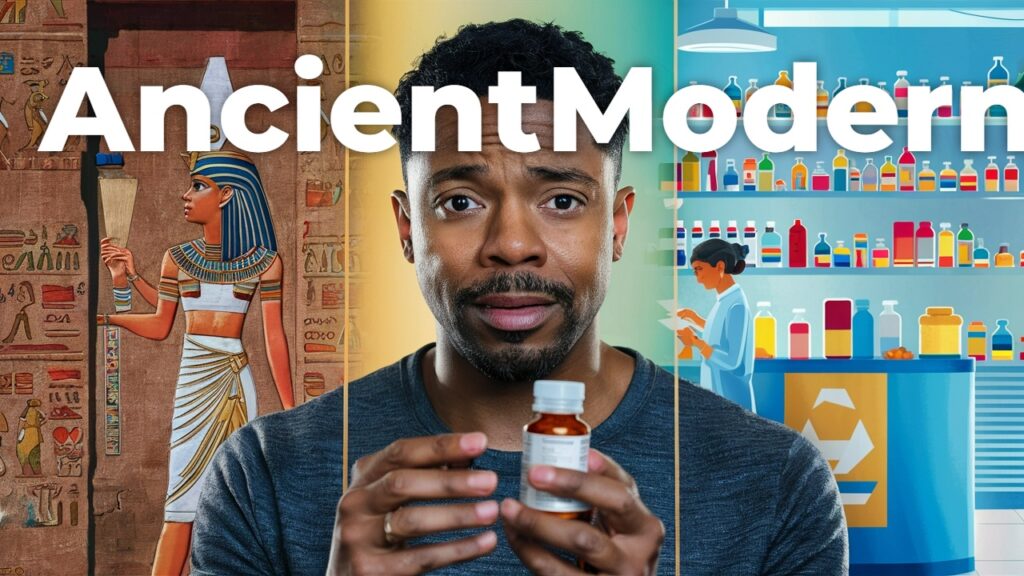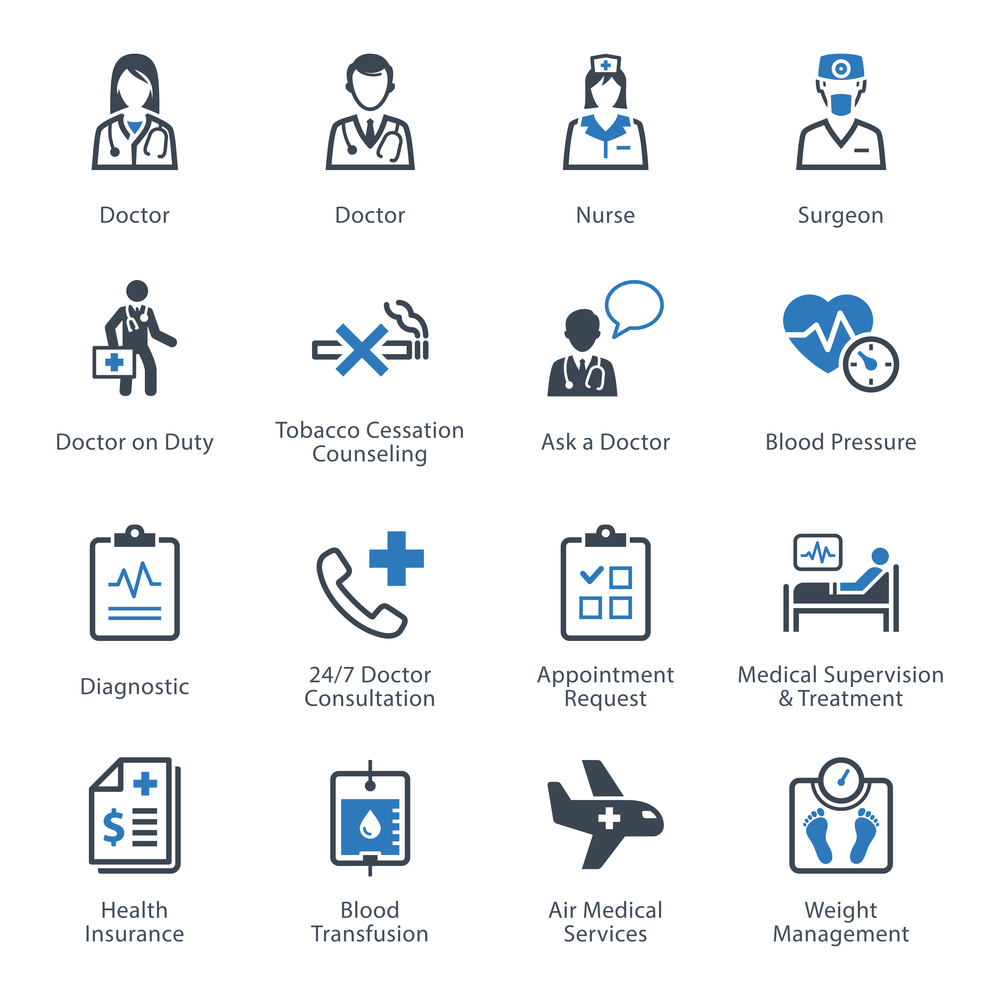The Battle Between Modern Medicine and Ancient Remedies: Who’s Winning?
Medicine Past Meets Present. In the modern quest for health and well-being, we stand at a unique intersection: age-old wisdom meets the precision of cutting-edge science. This intriguing confluence raises a question that has long fascinated humanity: In the battle between modern medicine and ancient remedies, who is truly winning? Let us embark on this exploration by appreciating each other’s contributions and considering how they complement challenge, and inspire one another.
The Enduring Legacy of Ancient Remedies
Medicine Past Meets Present
Medicine past meets present. For thousands of years, human civilizations have turned to nature for healing. Ancient remedies, rooted in practices like Ayurveda, Traditional Chinese Medicine (TCM), and herbalism, embody a philosophy that views health as a harmony between the body, mind, and spirit.
A Timeless Connection with Nature
Natural remedies have consistently provided solutions to everyday ailments, from ginger for nausea to turmeric for inflammation. Traditional practices, such as acupuncture, focus on energy flow and balance, offering an alternative lens to view health. These remedies emphasize prevention and maintenance, nurturing the body over time rather than merely addressing crises.
The Power of Holistic Healing
Ancient approaches often advocate for a holistic understanding of health. Instead of isolating symptoms, they seek to address root causes through dietary adjustments, meditation, or natural supplements. This philosophy resonates with those seeking alternatives to the symptom-targeting approach of modern medicine.

The Triumphs of Modern Medicine
Medicine Past Meets Present
Medicine past meets present. As humanity progressed, so did our understanding of diseases and the human body. The advent of modern medicine has revolutionized health care, saving millions of lives through scientific breakthroughs and technological advancements.
Scientific Rigor and Innovation
From discovering antibiotics to developing vaccines and life-saving surgical techniques, modern medicine operates on the foundation of empirical research. Treatments undergo rigorous testing to ensure safety and efficacy. Diagnostics tools like MRI machines and genetic testing enable precision in identifying illnesses that ancient remedies often cannot achieve.
A Track Record of Success
Modern medicine has drastically increased life expectancy and reduced mortality rates. For conditions like cancer, heart disease, and infectious diseases, modern medical treatments offer solutions that ancient remedies often cannot match in terms of immediacy or effectiveness.
Challenges in Modern Medicine
Despite its triumphs, modern medicine is not without its challenges. Over-reliance on pharmaceuticals sometimes leads to side effects or diminished focus on prevention. Critics argue that it often prioritizes symptoms over the root causes, creating a need for a more patient-centered approach.

The Growing Convergence: Integrative Medicine
Medicine Past Meets Present
Medicine past meets present. Rather than viewing modern medicine and ancient remedies as adversaries, many experts now advocate for their integration. This emerging field, integrative medicine, seeks to combine the best of both worlds.
The Case for Complementary Approaches
Ancient practices like yoga and mindfulness meditation are being adopted as therapeutic tools in modern treatments for stress, anxiety, and chronic pain. Simultaneously, herbal supplements, such as echinacea for colds or ashwagandha for stress relief, are increasingly common alongside conventional treatments.

Bridging the Gap with Research
The growing body of research validating ancient practices is further narrowing the divide. For example, studies on turmeric’s active ingredient, curcumin, show its anti-inflammatory properties, reinforcing its relevance in modern medicine. Likewise, acupuncture has gained recognition for managing pain and migraines.
Challenges in Integration
The integration of ancient remedies into modern frameworks is not without hurdles. Many traditional treatments lack standardized dosages or scientific validation, raising concerns about safety and efficacy. Conversely, modern medicine’s pharmaceutical focus sometimes underestimates the benefits of non-invasive, preventive strategies rooted in ancient wisdom.

Toward a Harmonious Future
Medicine past meets present. So, who is winning the battle? Perhaps the question itself is flawed. The real challenge lies in harmonizing these approaches to create a more comprehensive, patient-centered healthcare system.
Personalization and Choice
In this evolving paradigm, the individual becomes the ultimate beneficiary. By blending ancient insights with modern precision, healthcare can become more adaptable to individual needs. Patients can choose approaches that resonate with their beliefs, lifestyles, and specific conditions.
Education and Awareness
Educating patients about the strengths and limitations of both systems is crucial. Increased awareness allows individuals to make informed decisions, embracing integrative care without falling prey to misinformation or pseudoscience.
A New Vision for Health Care
The future of medicine lies in collaboration. Ancient wisdom offers a preventive, holistic perspective, while modern medicine provides evidence-based, targeted solutions. Together, they can form a synergistic approach that addresses the immediate and long-term aspects of health.

Conclusion: A Collaborative Win
Medicine past meets present. The battle between modern medicine and ancient remedies is not a zero-sum game. Instead of declaring a winner, the focus should be on leveraging the strengths of both approaches to create a robust and inclusive healthcare system. By embracing this dynamic interplay, we can move toward a future where health is not just about treating diseases but achieving true well-being.
In this holistic vision, every individual can be a winner, benefitting from the wisdom of the past and the present innovations. The quest for health and longevity continues, but the journey becomes more prosperous and hopeful with ancient and modern allies.

